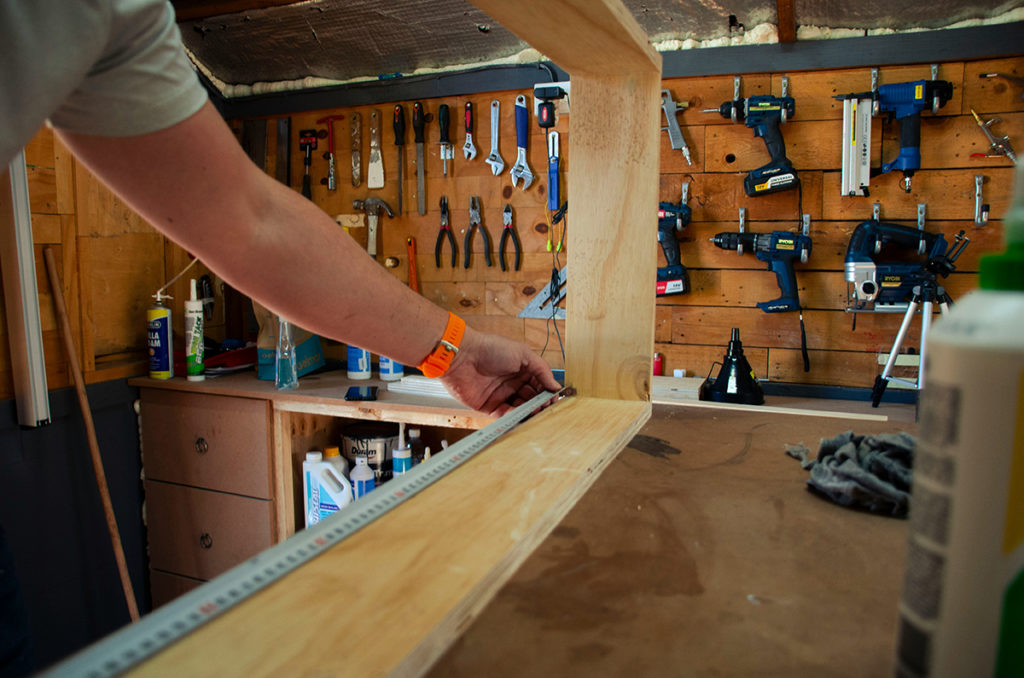UK construction activity has contracted for the fourth successive month as Brexit unpredictability sharpens.
The IHS Markit purchasing managers’ index fell to 45 in August down slightly from 45.3 in July and below the 50 no-change threshold.
IHS Markit economics associate director, Tim Moore, said: “Construction companies noted that rising risk aversion and tighter budget setting by clients in response to Brexit uncertainty had held back activity, particularly in the commercial sub-sector.”
Building firms indicated a slide in business optimism for the second month running in August, with the degree of positive sentiment the weakest since December 2008. Concerns about the business outlook were attributed to domestic political uncertainty and a corresponding drop in client spending.
Chartered Institute of Procurement and Supply group director, Duncan Brock, said a weakened UK economy was why business confidence was at its lowest since the recession.
“The reality is, if a revival of confidence and a flood of new orders return to the construction sector in the coming weeks, much like a large tanker turning in a dock, there is little room for the sector to improve in the last quarter of the year. It’s likely September’s data will be even more discouraging.”
Residential construction the least affected
Commercial building decreased the most with house building’s decline the least marked since the downturn began in June.
Development Finance by HZA
Brokers Hank Zarihs Associates said housing shortages meant development finance lenders were still in business for offering competitive construction loans and short-term bridging finance.
Employment was relatively resilient in August with only a marginal drop in staff levels since April’s downturn in payroll numbers.
Construction companies noted that tight labour market conditions had encouraged the retention of skilled staff. The survey showed cuts to headcounts were achieved by non-replacement of voluntary leavers.
Mr Brock added: “Job creation remained fairly steady as companies strived to retain talent and the anxieties of further price rises for materials eased slightly which offers some respite for construction margins.”
Input buying decreased for the fifth consecutive month in August, representing the longest period of decline since the first half of 2013. Softer demand for construction products and materials helped to alleviate supply chain pressures, with delivery delays from vendors among the least widespread for three years. Input cost inflation moderated to its lowest since March 2016.













